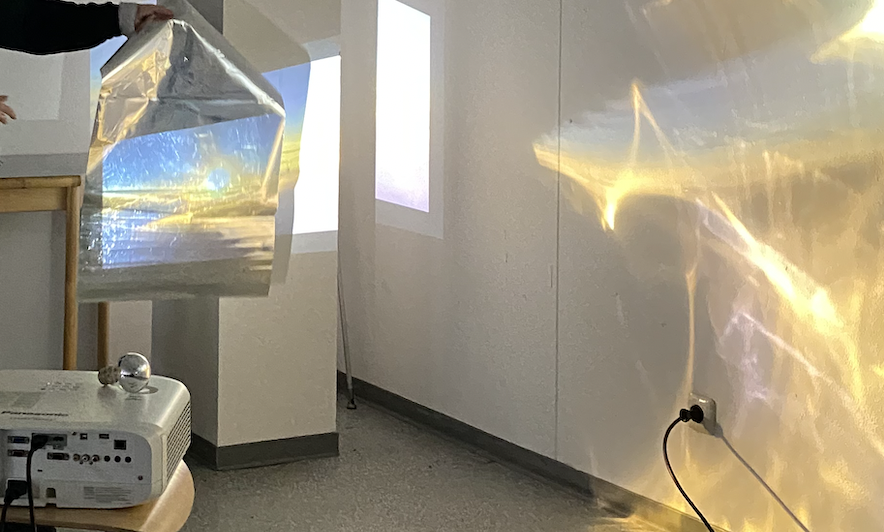Allgemeines:
Die erste Veranstaltung findet am 09.10.2024 um 10:15 Uhr statt (Raum V15 R04 H52). Dort erhalten Sie den Zugangsschlüssel zum Moodle-Kurs und alle weiteren Informationen zur Veranstaltung Baubetrieb 6 - Immobilienmanagement.
Ziel:
Aufbauend auf die Grundbegriffe der Allgemeinen Betriebswirtschaftslehre werden die Bilanzierung, Finanzierung sowie die Investitionsrechnung von Immobilien erarbeitet. Vertieft werden im Bereich Immobilienwirtschaft das betriebliche Immobilienmanagement, die Immobilienbewertung sowie das Portfoliomanagement. In einem Fallbeispiel werden die theoretischen Ansätze in die Immobilienpraxis übertragen.
Die Studierenden sollen die relevanten Grundlagen der Projektentwicklung, der Bewertung von Objekten und der Betriebswirtschaftslehre kennen und in der Immobilienwirtschaft anwenden können.
Zielgruppe:
- Studierende des Master-Studiengangs
Inhalte:
1. Grundlagen der Projektentwicklung inkl. Fallstudie mit eigenem Entwurf
2. Bewertung von Immobilien
3. Immobilienfinanzierung
Abschluss:
Abgeschlossen wird dieses Modul durch eine schriftliche Prüfung (Klausur mit 2 Std.).
Vorleistungen: Regelmäßige Teilnahme an den Veranstaltungen inkl. Entwurf und Präsentation (Anwesenheitspflicht).
Die Benotung setzt sich zu 50% aus dem Entwurf / der Präsentation und zu 50% aus der schriftlichen Prüfung zusammen.
- Lehrende(r): Harfid Hadrovic
- Lehrende(r): Aileen Pfeil
- Lehrende(r): Rabee Taha


